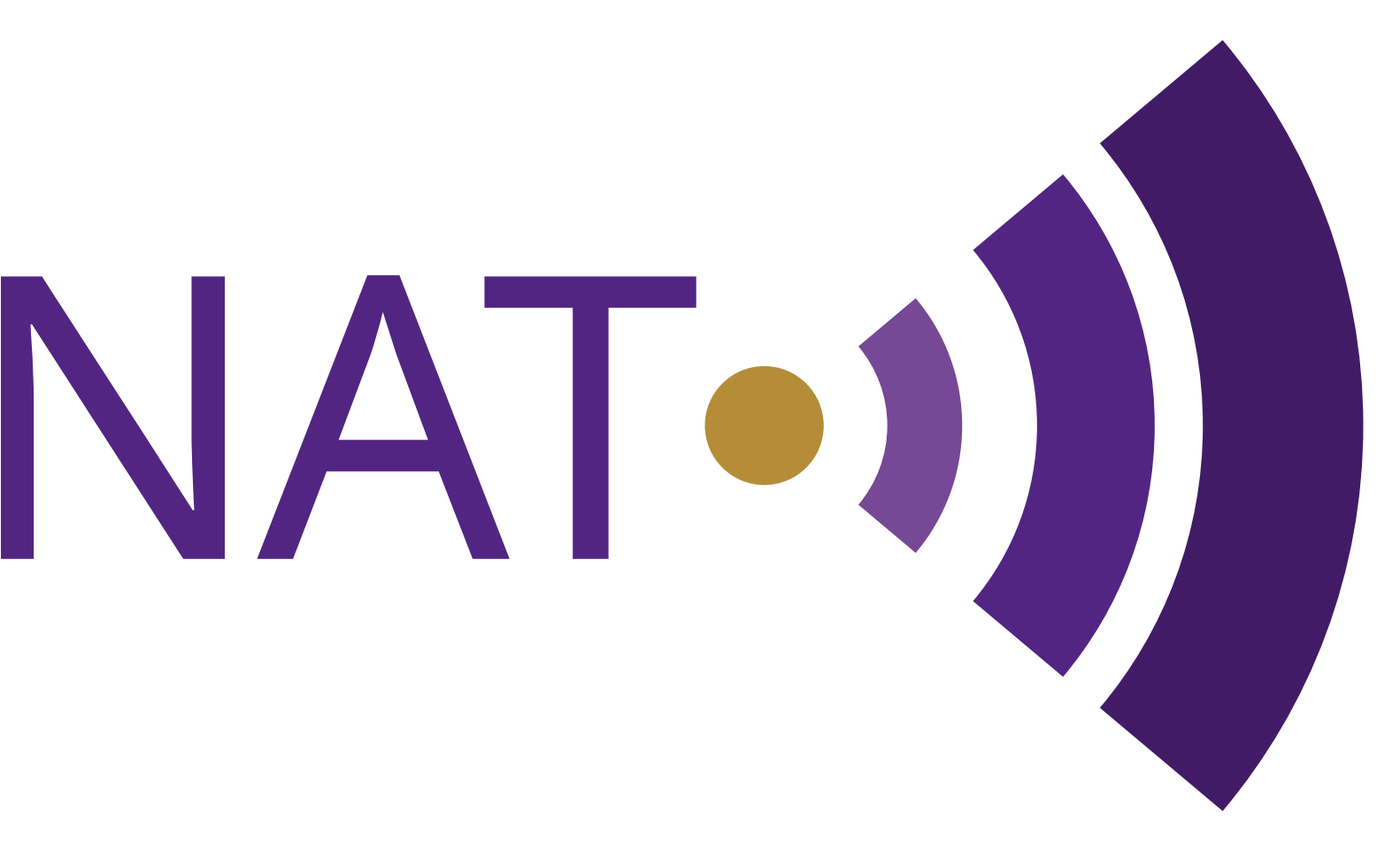On Tuesday 12th December, the National Autism Project (NAP) held its last event in the House of Lords kindly sponsored by Lord Keith Bradley. While this was a time to celebrate NAP’s achievements, notably its report The Autism Dividend: Reaping the Rewards of Better Investment, it was also an opportunity to thank all those who have contributed over the past three years. In her address to the gathering, Dr Elizabeth Vallance (Chair of the NAP Strategy Board) stressed how far we have all travelled since the beginning of the project and expressed her deep appreciation of Dame Stephanie Shirley’s vision in creating the project. She gave particular thanks to Dr Dinah Murray and the members of the Autistic Advisory Panel whose activities as ‘productive irritants’ contributed so much to the project and to the report, which is a fine example of co-production involving autistic and non-autistic people in a true partnership.
In reality, this event did not mark the complete end of the project. Elizabeth Vallance explained that it would continue as two parallel streams, the NAP Legacy Forum and the National Autistic Taskforce (NAT). The former intends to capitalise on the contacts we have made with research funders and policymakers over the last three years, and to maintain these by calling periodic meetings to monitor progress of the recommendations in our report. NAT is totally new, independently funded by the generosity of The Shirley Foundation, and will be led by the members of our Autistic Advisory Panel. The mission statement of this unique organisation explains that it will ‘give autistic adults a stronger voice in the decisions and directions of their lives – especially those with highest support needs and, often, least autonomy’.
We were delighted that Jackie Doyle-Price, Parliamentary Under Secretary of State in the Department of Health, was able to attend. She welcomed the findings of the NAP report and their strong focus on evidence and cost-effectiveness. In particular, she expressed gratitude for the report’s focus on the lack of data collection around autism prevalence and services pointing out that without robust, comparable data that is regularly collected and monitored, we can’t be certain of the true extent of problems, and we won’t know where and how to focus attention. She stressed the need to ensure that good practice is identified and shared across all areas. Acknowledging the importance of research, she urged researchers to apply for Government funding of autism research led by the National Institute for Health Research and its Biomedical Research Centre for Mental Health. In conclusion, she acknowledged the complexity of autism and the challenges to professionals and commissioners of services, and expressed the hope that the NAP report would help create a better understanding of the important issues it highlights.
In a further move to promote NAP’s legacy, leaders of the three major charities, Autistica, the National Autistic Society and the Autism Alliance, spoke about the recommendations in the NAP report that were closest to their hearts and that they would be pursuing next year. Jon Spiers, CEO of Autistica, the research funding charity, not surprisingly chose research as his topic and explained the ambition of the organisation to tackle the huge mental health issues that many autistic people suffer. Carol Povey, for the National Autistic Society, selected our recommendation on timely identification and diagnosis of autism, tying this in to their own diagnosis campaign. Jane Howson was hard put to select a favourite, but identified evidence-supported practice and transitions as issues linked by the need for better co-ordination across sectors.
In the last presentation, Dr Damian Milton, a member of NAP’s Autistic Advisory Panel and the Project Leader of the National Autistic Taskforce, spoke about the role of the Panel as ‘productive irritants’ and the value that their critique and robust opinions had brought to the project and to the NAP report. He explained how the lack of good research on support strategies particularly disadvantages those autistic people who are less able to articulate their needs, and how this had led to the idea of the National Autistic Taskforce. Damian’s speech is reported verbatim on the NAT page of the website. In conclusion he thanked Dame Stephanie Shirley for making this project possible and called on the audience to lend their support to this exciting and original endeavour.
